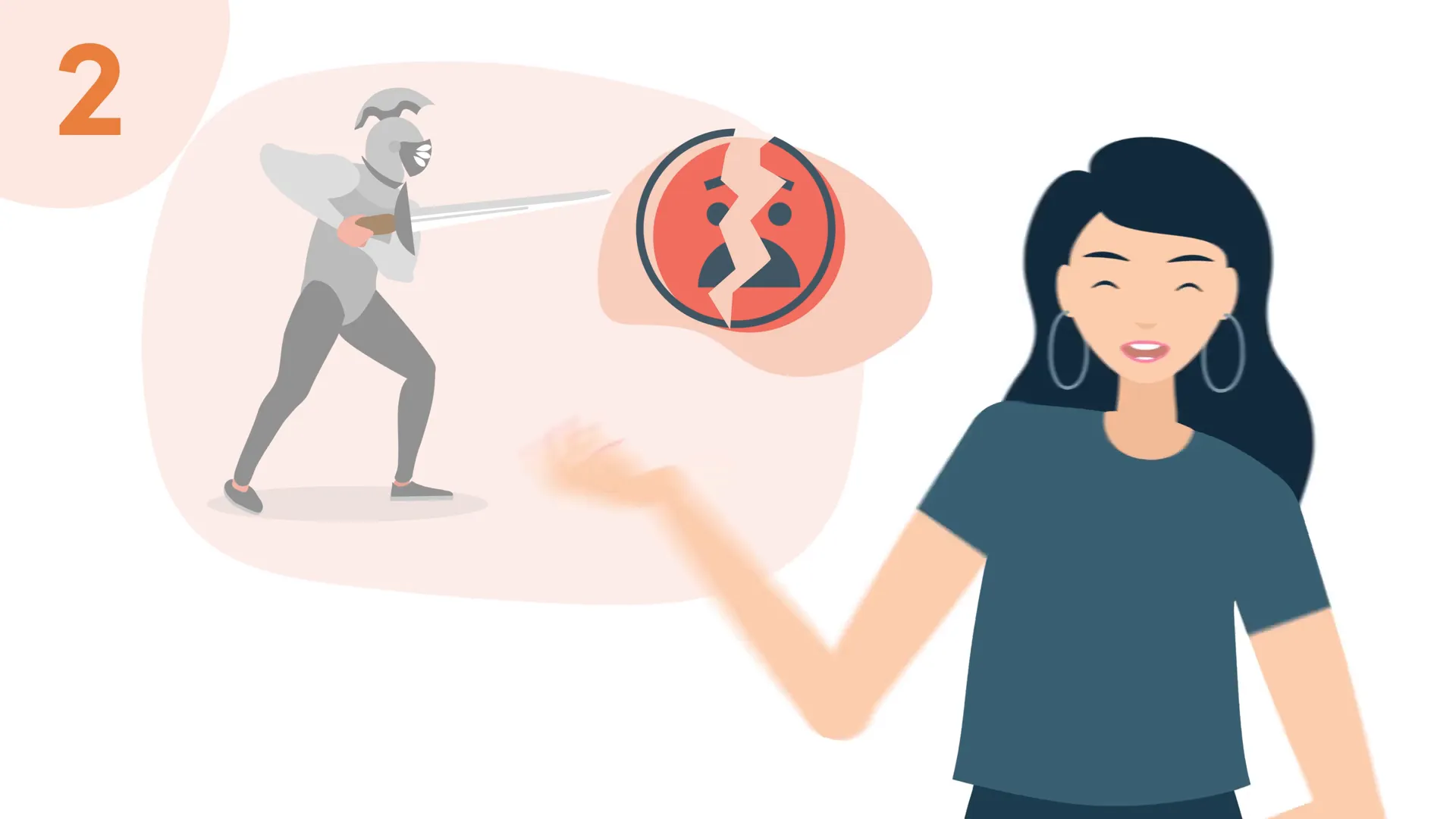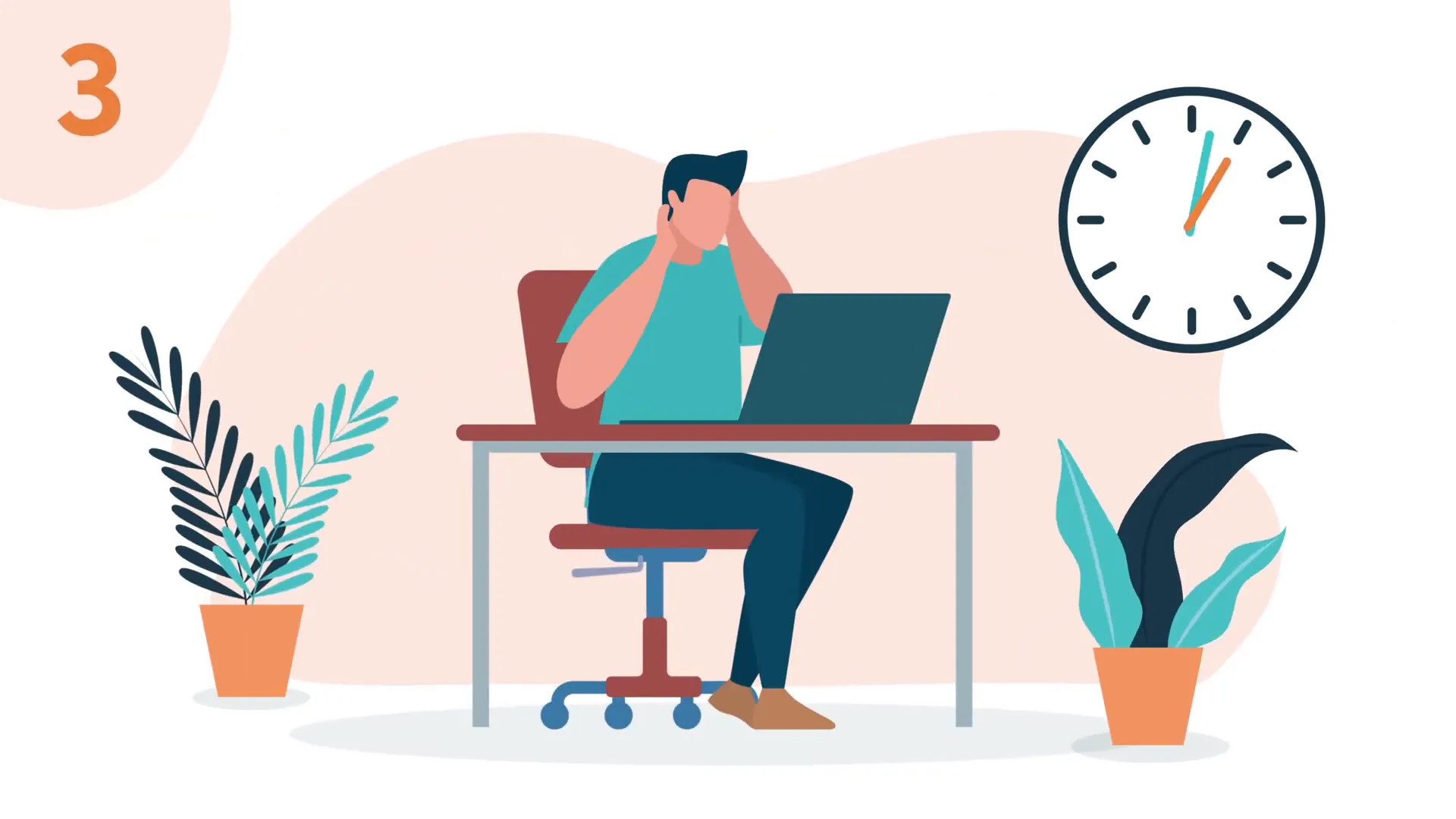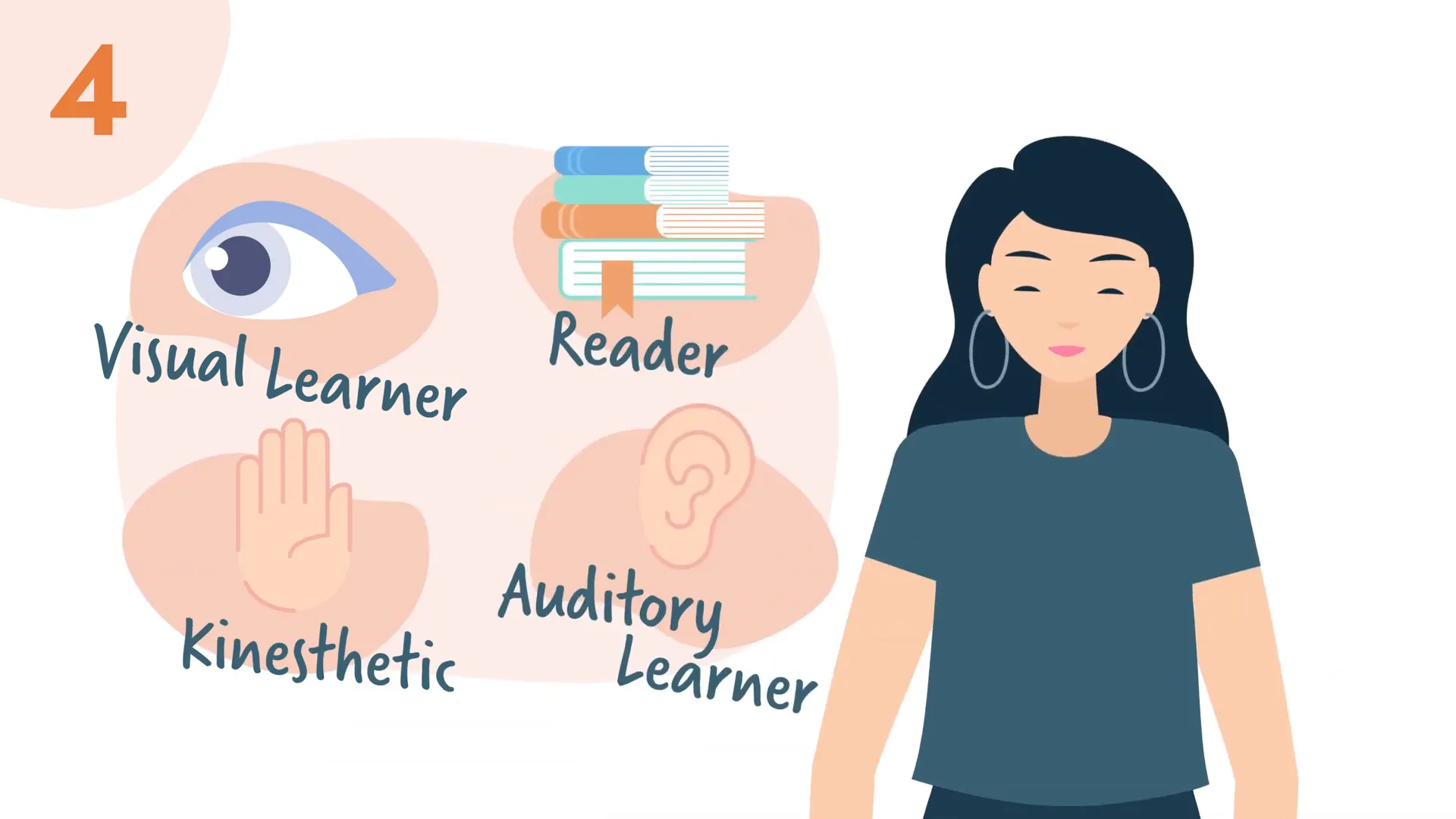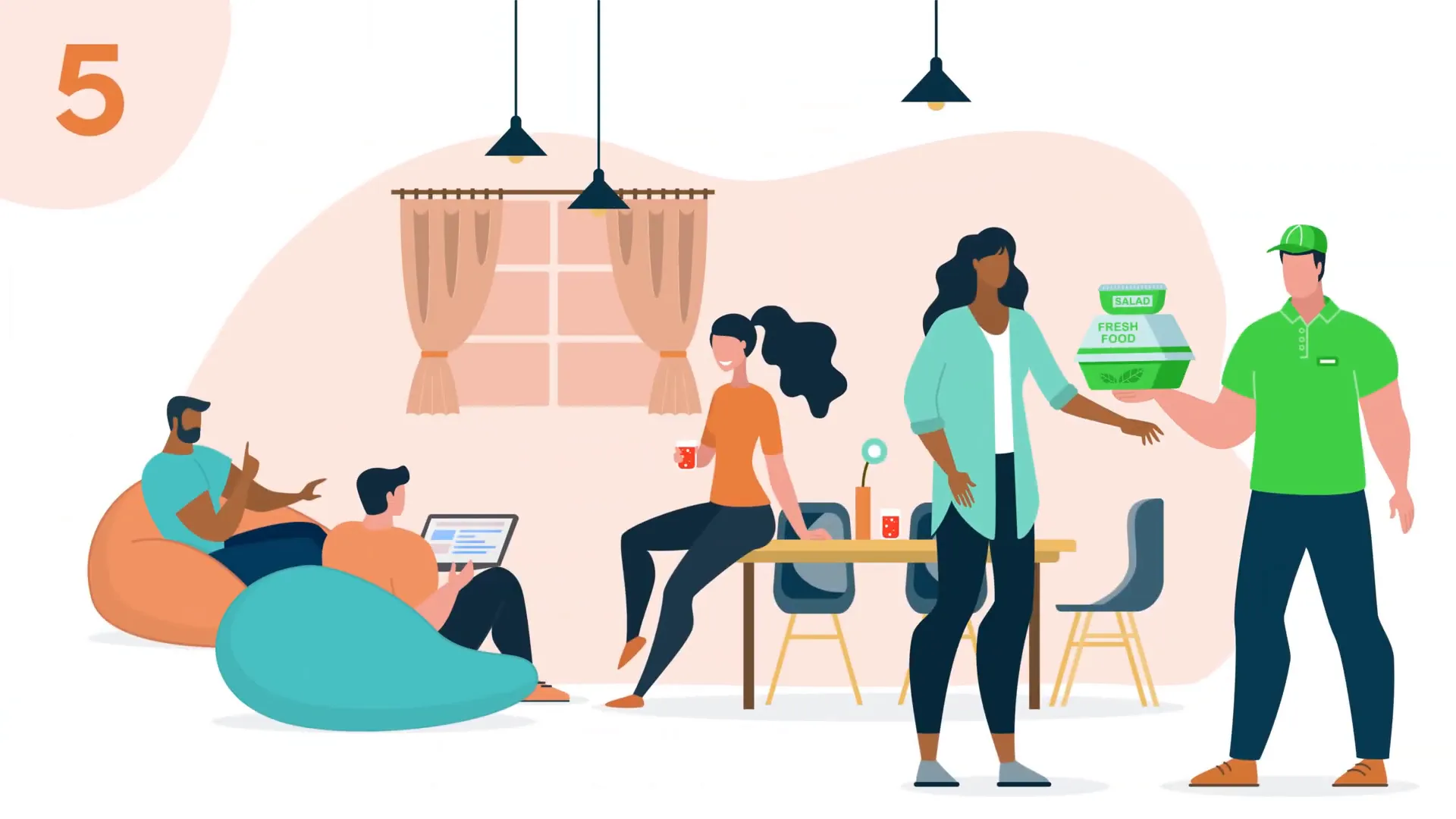
5 Easy Ways to Conquer Exam Stress

Exam season can feel overwhelming, leading many students to experience heightened levels of stress and anxiety. It’s essential to manage this stress effectively to avoid negative impacts on your performance. Here are five practical strategies to help you conquer exam stress and prepare effectively.
Table of Contents
- 🌬️ Monitor Your Breathing
- 🏃 Exercise Regularly
- 📚 Avoid Overstudying
- 🧠 Identify Your Learning Style
- 🛌 Schedule Downtime
- ❓ FAQ
🌬️ Monitor Your Breathing
Feeling anxious during exams is completely normal, but letting that anxiety take over can hinder your performance. One of the most effective ways to combat this sensation is by monitoring your breathing. By controlling your breath, you can calm your body and mind.

To practice this, take a deep breath in through your nose for five seconds, then slowly exhale through your mouth. Repeat this process for a few minutes. This technique moderates your breathing and slows your heart rate, helping you to relax.
🏃 Exercise Regularly
Exercise is another great way to reduce stress. Engaging in physical activity releases endorphins, the body’s natural feel-good hormones. This can instantly lift your mood and help release tension.

When feeling stressed, consider going for a quick jog, joining a Zumba class, or participating in any physical activity you enjoy. Not only will this help alleviate stress, but it can also boost your overall well-being.
📚 Avoid Overstudying
While it may seem logical to cram in as much study time as possible, overstudying can be counterproductive. Many students fall into the trap of believing that more study hours equal better results, but this can lead to confusion and increased stress.

According to experts, excessive study sessions can cause tension and confusion due to the overwhelming amount of information absorbed in a short time. Instead, focus on quality study sessions rather than quantity. Break your study material into manageable chunks to promote better retention.
🧠 Identify Your Learning Style
Understanding your unique learning style can drastically improve your study effectiveness. There are four main learning types: visual, auditory, reading/writing, and kinesthetic. Knowing which category you fall into can help tailor your study strategy.

- Visual learners: Use graphs, diagrams, and visual aids to map out information.
- Auditory learners: Record yourself explaining the material and listen back.
- Reading/writing learners: Focus on reading textbooks and writing notes.
- Kinesthetic learners: Engage in hands-on activities or group discussions to grasp concepts.
By aligning your study methods with your learning style, you can enhance your understanding and retention of the material.
🛌 Schedule Downtime
Finally, don’t forget to prioritize downtime during your exam preparation. Socializing with friends and family, or taking breaks to relax, can help alleviate stress and refresh your mind.

Make sure to allocate time for leisure activities, such as watching your favorite series or video calling friends. This balance is crucial for maintaining mental health during intense study periods.
Now that you’re equipped with these five strategies, you can tackle exam stress head-on. Implement these tips to curb anxiety, improve your study sessions, and enhance your chances of success.
❓ FAQ
What should I do if I can’t manage my exam stress?
If you find it difficult to cope with exam stress, consider speaking to a counselor or a trusted teacher. They can provide additional support and resources to help you manage your anxiety.
How can I create an effective study plan?
Start by breaking down your subjects into manageable sections. Allocate specific times for each subject and include breaks to avoid burnout. Tailor your study sessions based on your learning style for maximum effectiveness.
Is it important to take breaks while studying?
Yes, taking breaks is essential for maintaining focus and preventing burnout. Short breaks can help your mind recharge, making your study time more productive.
What are some quick relaxation techniques I can use before an exam?
In addition to breathing exercises, try progressive muscle relaxation or visualization techniques. These can help calm your nerves and prepare you mentally for your exam.
